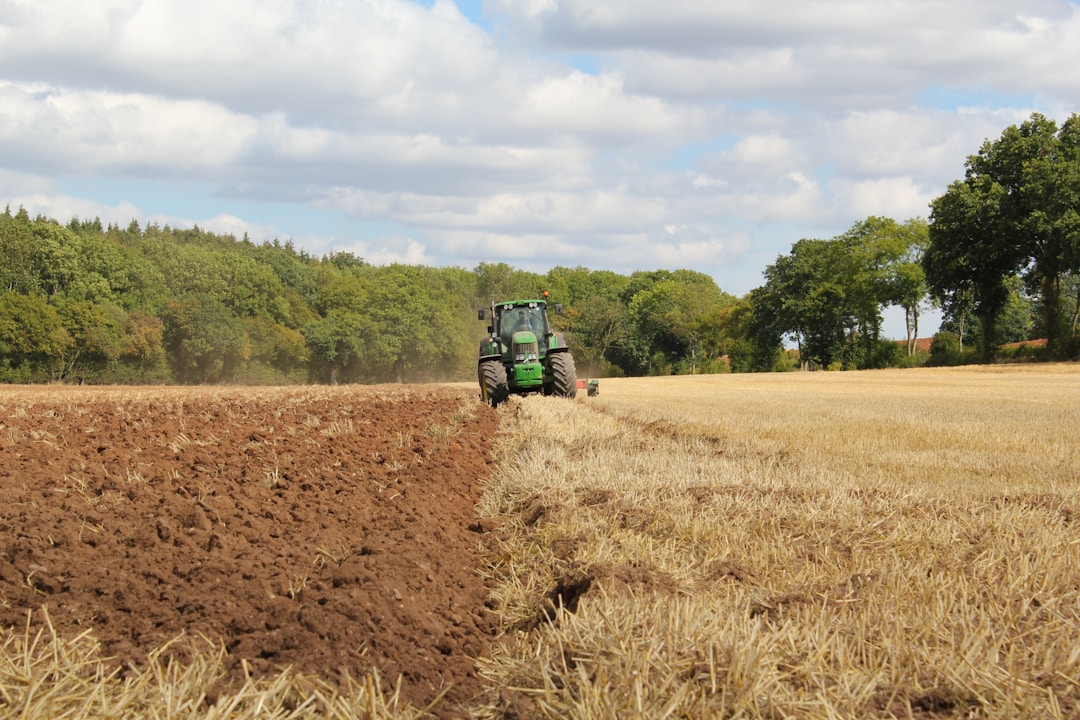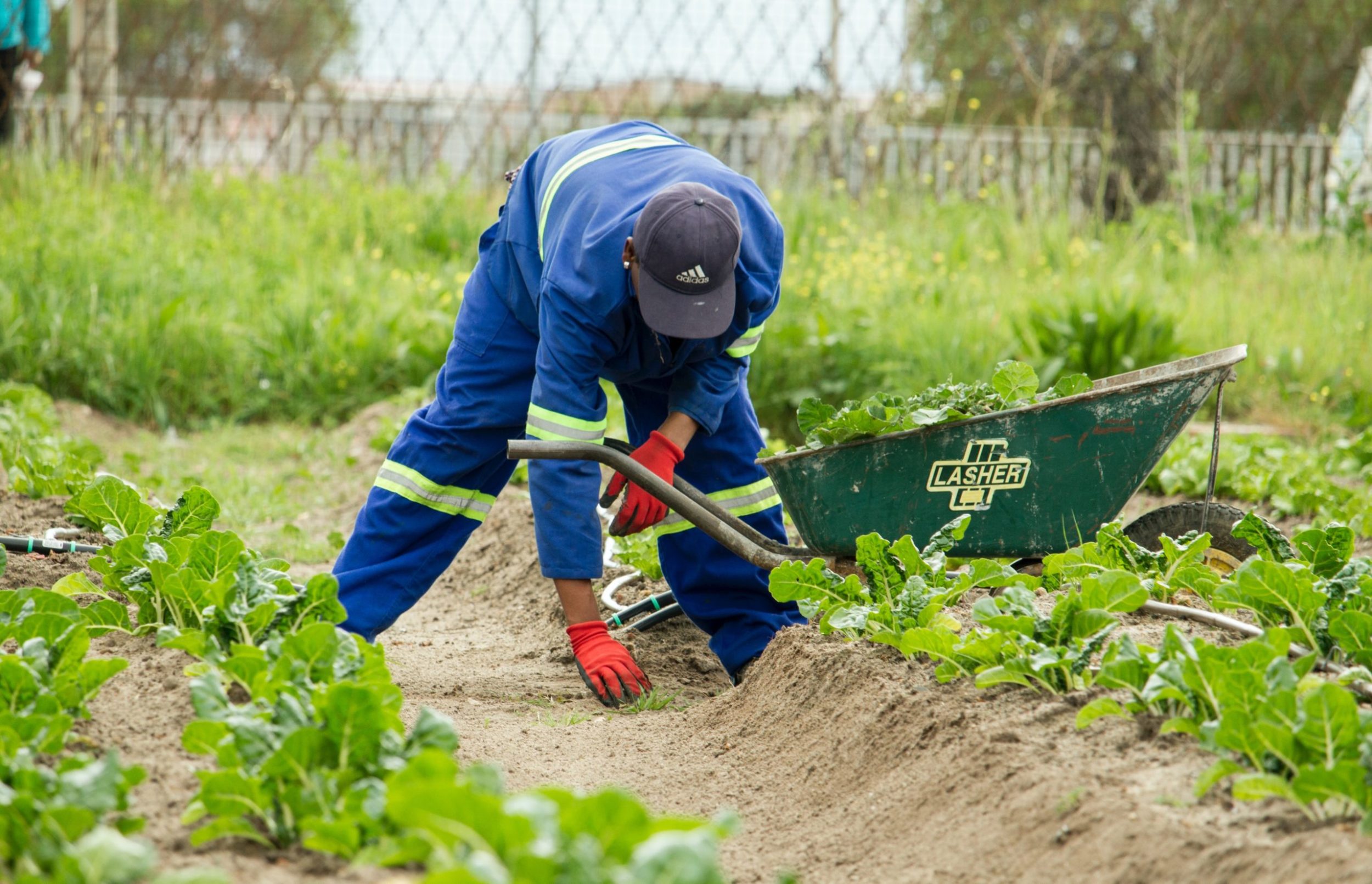People will always eat, so agricultural products will always be in demand. Be it fishery, husbandry, horticulture, cash crop farming, or subsistence farming—the demand is there. Another advantage of starting a business based around agriculture is that nothing will go to waste with the right plans and logistics in place. You can supply a vast, diverse clientele with basically every produce and product that comes out of your farm. On that note, this article offers a guide to set up the ideal farm.
1. Identify your market.

Identify the market you’d like to get involved in, as well as the specific branch. For example, if you start a cattle rearing business, would you want to concentrate on dairy principally? Identifying your specific niche in the market would help you draw out and implement the perfect plan. This also involves observing and collecting data on the spending pattern of the people you identify, their buying habits, their financial power, and their specific needs.
2. Raise the needed capital.

To start a farm business, you need sufficient capital. The good thing about farming is that many government institutions are ever ready to offer a helping hand, whether it’s in offering requisite farm nutrients like zinc, nitrogen, and sulfur or in the provision of low interest or interest-free loans or grants. Some of them even assist with the best management practices. After assessing what’s best for you, you approach the ones you have earmarked to raise the requisite fund.
3. Pinpoint your land and logistics.
Locate the land you want, its cost, and that of all other basic logistics, such as tools, personnel, machinery, communication devices et al. In this computer age, you would, more often than not, be on the internet. Understanding little things, such as data usage and ascertaining why WiFi is faster than mobile data, will come in handy in your budgeting.
In this respect, sites like Future Insights will help you get all the needed information on computer age technology and trends. Their insights and perspective in the theory, practicality, and application of data science are excellent. The knowledge and priceless gems of wisdom they offer cut across all levels, which includes the structure and size of your business. They can also offer advice for your business’s unique needs.
4. Get the requisite training.

You’ll need expert advice and guidance on literally every aspect of your farming, including seed fertility, seeding rate, grain yield, yield potential, and more. This is most important in your early days. For example, if you want to start a corn farm, you’ll need apt advice on the right logistics for high yield corn management.
Companies like Avipel can help in this department. They’re an American based company that produces scientifically proven efficient bird repellant products. They also offer pearls of advice on getting high yields from corn farming and will guide you through all the stages—planting, nurturing, and harvesting. You can also make use of the user-friendly corn yield calculator on their website.
5. Create awareness.
After buying your land and logistics, it’s now time to do what is most needed to raise profits—create the required publicity. In this day and age, there are many advertising methods available. You can opt for word-of-mouth advertising, social media, or through the traditional mainstream media—TV, Radio, and billboard.
A good advertising campaign will tempt potential clientele to place orders, preferably at discounted prices. You can also create competitions and offer free samples of your produce. This is a great way to create awareness of your product’s quality and educate the public on its superiority.
Let them know if your product is hybrid or organic. With the right publicity, huge stakeholders like research institutions and NGOs might also step in to partner with your company.
